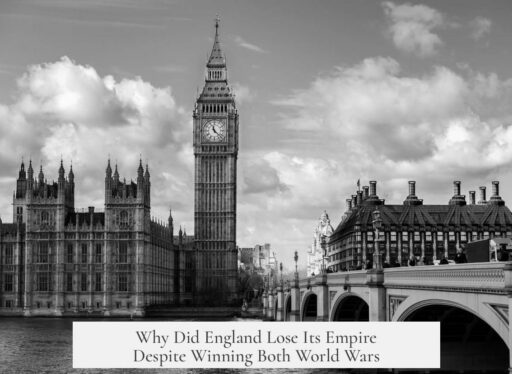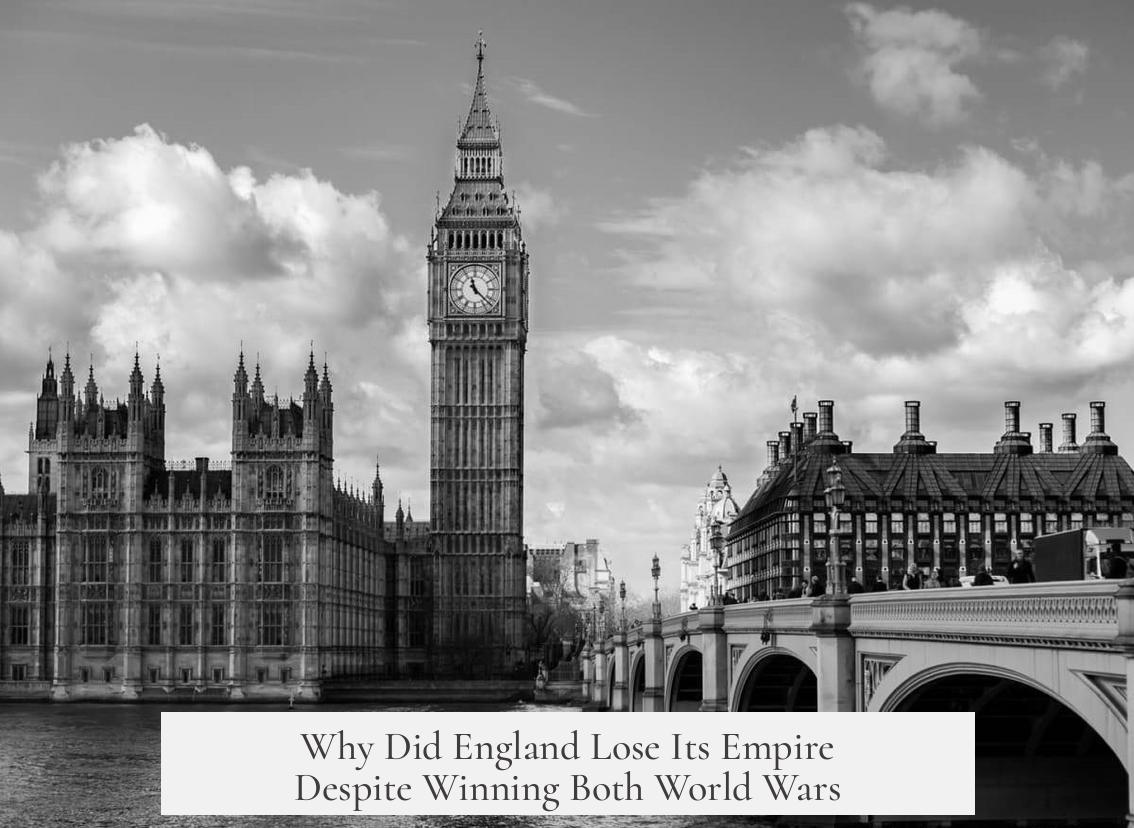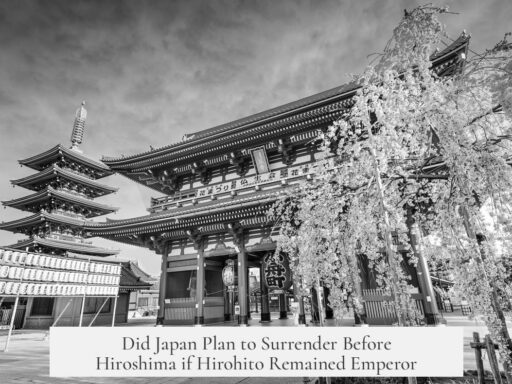England, as part of the British Empire, emerged victorious in both World Wars, but this success did not prevent the eventual loss of the empire. The British Empire’s collapse resulted from economic exhaustion, military overextension, and the rise of independence movements demanding sovereignty.
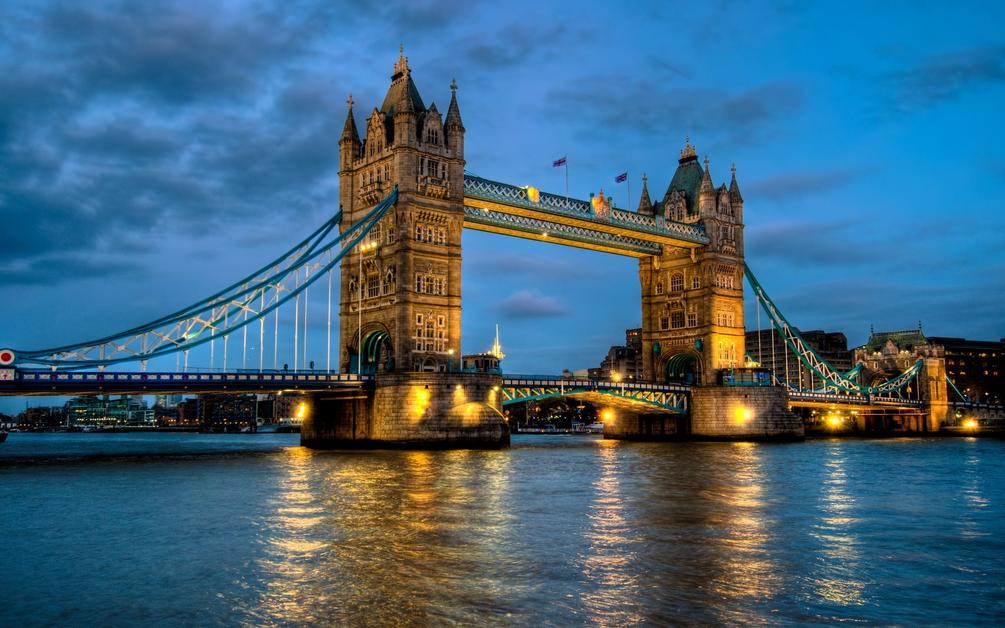
The British Empire, distinct from England alone, was part of the Allied victories in WWI and WWII. However, victory in war does not guarantee the maintenance of territorial control or imperial dominance. Both World Wars inflicted deep psychological, economic, and military wounds on Britain. The country faced enormous financial costs and was nearly bankrupt following each conflict.
The economic strain made the empire increasingly difficult to maintain. After WWII, Britain could not afford to fund the vast global holdings and military presence required to control such a large empire. The wars accelerated decolonization pressures that were already emerging in many colonies.
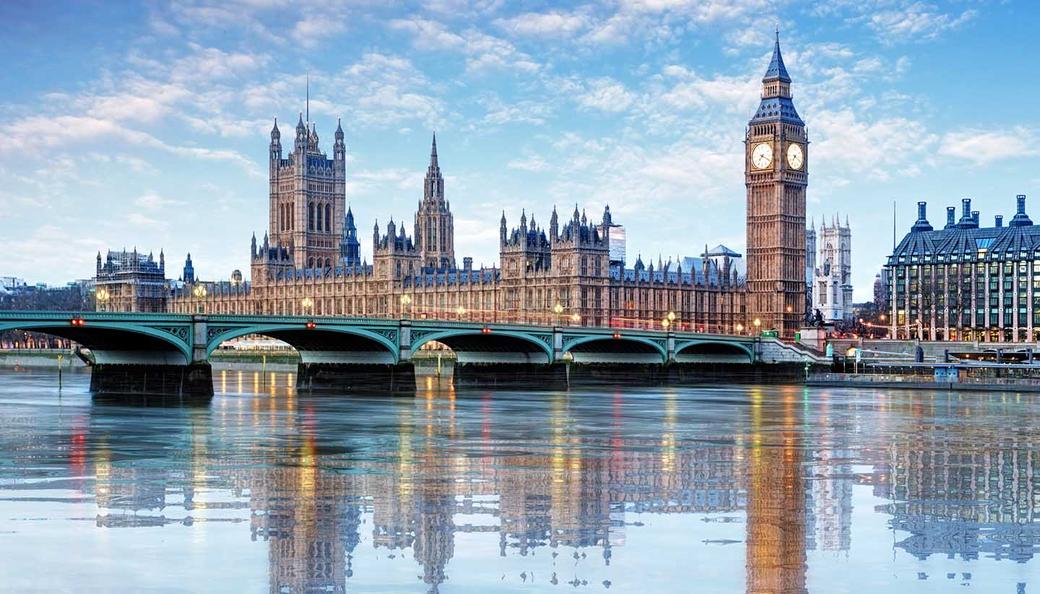
At the same time, the moral and political climate shifted. Colonized peoples, emboldened by wartime rhetoric about freedom and self-determination, became more assertive. Independence movements grew powerful, sometimes using violent means to demand Britain’s withdrawal. The empire lost the consent of its subjects and faced rising nationalist resistance.
For example, in Northern Ireland, complex identity and political issues arose after imperial power diminished. The majority Protestant unionists wanted to stay in the UK, while Irish nationalists, initially suppressed, eventually mounted significant political and militant efforts. This tension led to decades of conflict known as the Troubles.
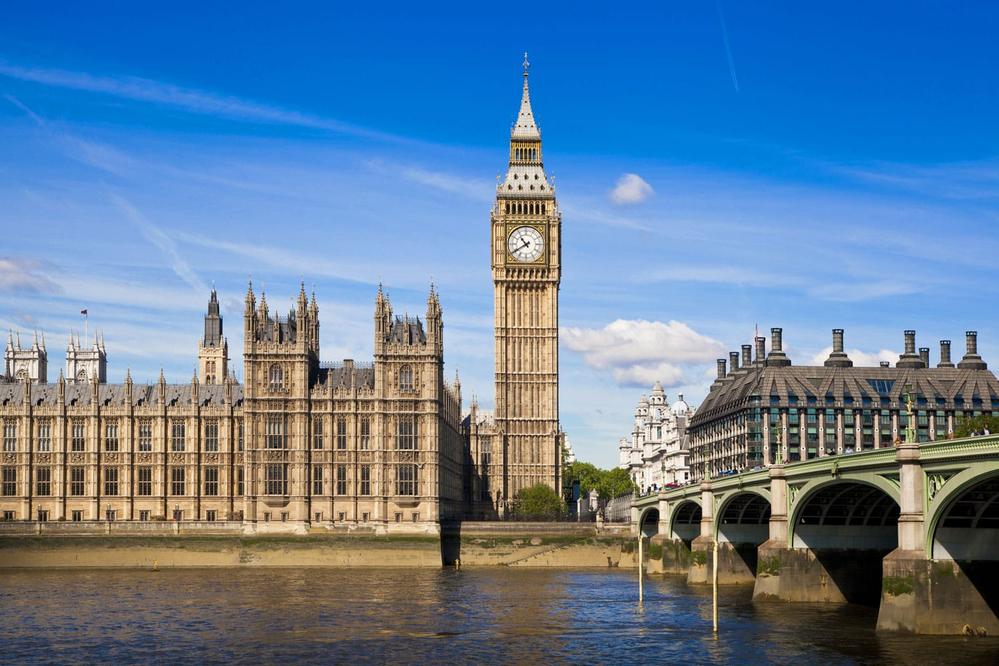
The British retreat from empire was thus a complex process. Economic exhaustion, the rise of nationalist movements, and changing global attitudes made empire unsustainable. While Britain won the wars, it lost the political and financial ability to keep its empire intact.
| Key Factors in Loss of British Empire |
|---|
| Economic exhaustion from war costs and debt |
| Psychological and military toll weakening imperial control |
| Emergence of strong independence and nationalist movements in colonies |
| Loss of colonial consent, often leading to violent struggles |
| Changing global attitudes favoring decolonization and self-rule |
- The British Empire’s victory in the World Wars did not safeguard imperial integrity.
- Financial cost and military strain severely weakened Britain’s capacity to maintain the empire.
- Independence movements grew stronger and demanded withdrawal, sometimes violently.
- Northern Ireland’s political complexities illustrate post-empire challenges in former territories.
- Global shifts and moral considerations accelerated decolonization after WWII.
For further insight, detailed historical discussions on decolonization can be found on platforms like AskHistorians – British Empire Post WWII and AskHistorians – British Global Decline After WWI.
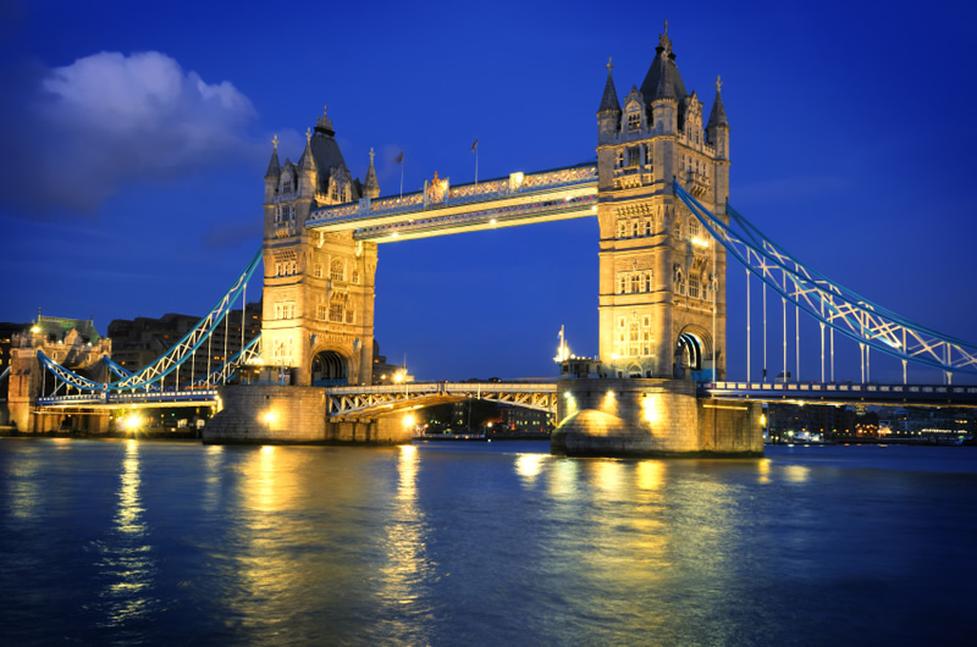
England Came Out on the Winning Side in Both World Wars, So Why Did They Lose Their Empire?
England, as part of the British Empire, stood victorious in both World Wars but still ended up losing its empire. Why? The answer lies in the complex aftermath of those wars, financial strain, changing global attitudes, and relentless independence movements.
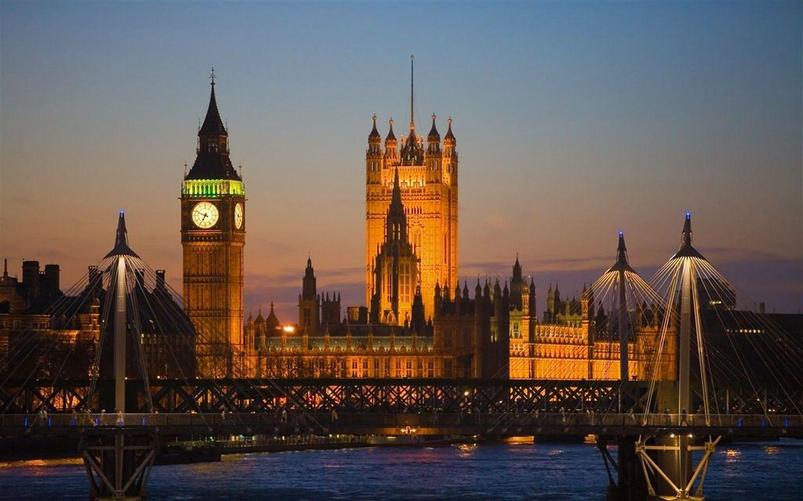
It’s easy to think winning wars means keeping everything you had before. However, the reality is often messier. England and the British Empire (two different things, by the way) indeed belonged to the winning coalition in both World War I and II. Despite that, victory did not translate into holding onto their vast colonial territories.
The British Empire vs. England: A Crucial Distinction
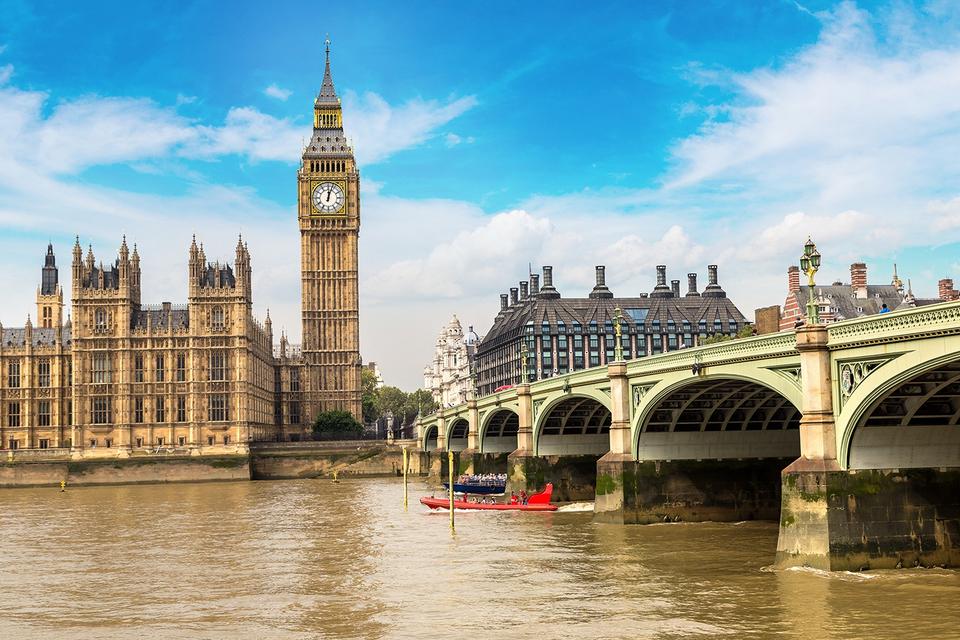
First, a little clarity: England is one part of the United Kingdom, but the British Empire was an extensive global entity comprising many countries and colonies. The empire included places like India, parts of Africa, the Caribbean, and Southeast Asia. England alone did not control this massive stretch of land, but London was the empire’s hub.
Winning the world wars shouldn’t be conflated with preserving empire borders. Historically, wars often drain resources and destabilize old orders, making empires vulnerable. Keep that in mind as we explore what really happened.
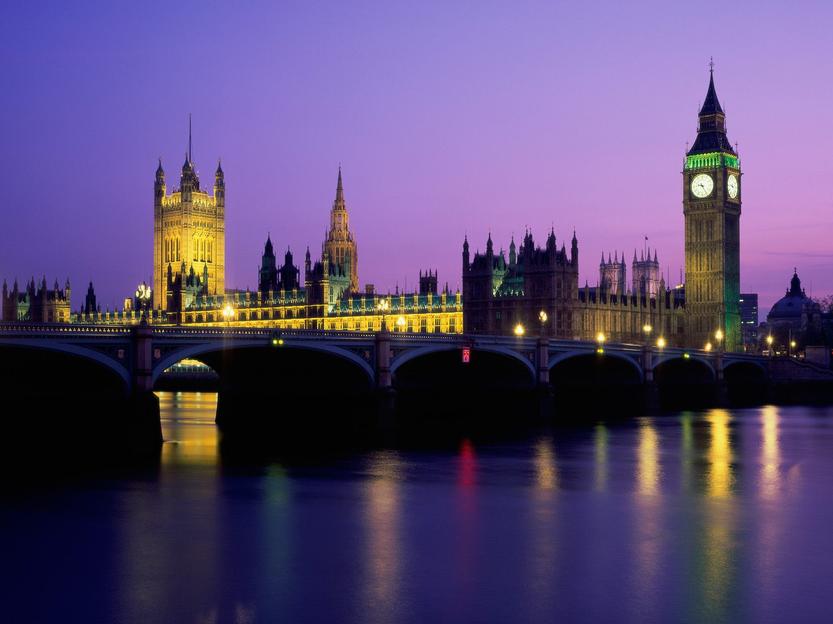
Wounds That Warfare Left Behind
The First and Second World Wars inflicted heavy wounds on Britain—psychologically, economically, and militarily. These wars sucked up resources and manpower. By 1918 and again by 1945, Britain was close to broke. The cost of war was beyond just money—it shook the empire’s confidence and capacity to maintain control overseas.
Imagine running a business where your profits vanish after a massive crisis. The British government faced a similar situation. They were debt-ridden, and their economy strained. Military power, which had held the empire together, was diminished too.
Empire Maintenance: An Expensive Affair
Running an empire is not cheap. It wasn’t just about flags and fancy tea parties. Britain had to station troops, build infrastructure, and govern millions of people scattered worldwide. The financial toll after two world wars made this upkeep unsustainable. Simply put: “The empire was expensive, and Britain was broke.”
The wartime expenses meant that Britain’s postwar government had to prioritize rebuilding at home rather than overseas dominance. The economic exhaustion directly challenged the empire’s survival.
The End of Imperial Consent and the Rise of Independence Movements
Here’s a twist: people in the colonies stopped asking Britain politely to leave. Instead, they began demanding it—sometimes forcefully. The old imperial model relied heavily on a mix of consent and coercion. Post-war, the balance shifted.
Countries like India ignited mass movements for independence. Leaders like Mahatma Gandhi showed the world that determined, non-violent resistance could topple empires. Other regions saw more violent uprisings but the message was clear: colonial subjects wanted control over their own futures.
British attempts to hold on in places like Kenya, Malaya, and Palestine faced fierce opposition. The empire’s moral and political legitimacy crumbled. Britain had to concede, often begrudgingly, and gradually let its colonies go.
Familial Frictions: Northern Ireland and Nationalism
While many parts of the empire moved on to independence, the situation closer to home was complicated. Northern Ireland, for example, remained part of the United Kingdom because its majority population identified as unionists, supporting continued British rule.
However, Northern Ireland was predominantly Protestant with policies that suppressed Irish Nationalists, the Catholic minority who sought unification with the Republic of Ireland or independence. This racial and political suppression brewed decades of conflict known as “The Troubles.”
This internal unrest contrasts sharply with the broader empire breakdown but shows the complexity of British imperial and post-imperial identity. Even within the British Isles, questions of sovereignty and nationalism caused deep divisions.
Lessons from Losing the Empire
So why did England lose the empire despite winning two massive wars? The answer is layered. Victories left Britain victorious but vulnerable: financially drained, militarily weakened, and confronted by rising nationalist tides. The empire became an expensive liability rather than a symbol of strength.
Ironically, both world wars accelerated decolonization. Global powers reshaped, and new superpowers like the United States and Soviet Union emerged, changing geopolitical dynamics. Britain soon found itself redefining its global role from imperial overlord to partner in the Commonwealth.
Let’s not forget: losing the empire was also Britain adjusting to changing global attitudes—no empire lasts forever, especially when its moral foundation erodes. What was once viewed as a benign or “civilizing” mission became increasingly seen as oppressive colonialism.
If you want to dig deeper into this topic, fascinating discussions and detailed explanations can be found here and here, courtesy of informed historians.
Final Thoughts
England’s victory in two world wars didn’t secure its empire because wars reshape more than just borders. They unravel economies, alter global power, and ignite new ideas of self-determination. Losing an empire is not about battlefield defeat but about changing worldwide realities.
Can an empire truly survive when those it rules no longer consent? History shows that power without support is fragile. England’s experience reminds us that triumph in war does not automatically mean victory in holding on to empire.
Why did winning both World Wars not prevent Britain from losing its empire?
Winning the wars did not guarantee control over the empire. The wars caused deep economic, military, and psychological damage to Britain. This weakened its ability to maintain colonial rule.
How did economic factors contribute to the loss of the British Empire?
The wars left Britain financially exhausted and close to broke. Maintaining the empire was expensive, and Britain lacked the resources to continue controlling its colonies.
What role did independence movements play in the end of the British Empire?
After the wars, colonial peoples no longer accepted British rule. Many demanded independence, sometimes using violence, forcing Britain to relinquish control.
Why was Northern Ireland different from other parts of the British Empire after World War II?
Northern Ireland had a unionist majority that wanted to remain part of the UK. It was also a ‘Protestant state’ with policies suppressing Irish Nationalists, delaying a strong nationalist movement.
What were “The Troubles” in Northern Ireland?
The Troubles were a violent conflict arising from political and religious tensions in Northern Ireland. They reflected suppressed nationalist aspirations within a divided society.
